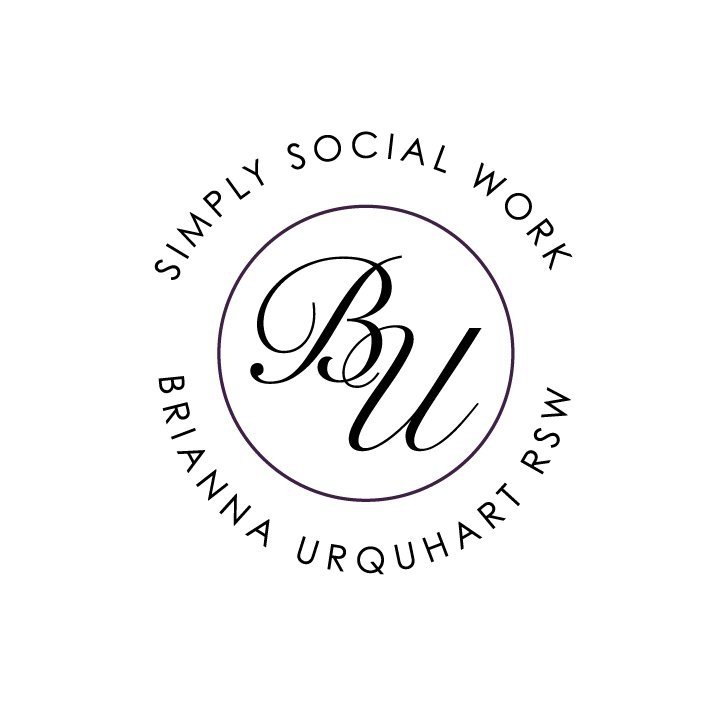What Is Holistic Health?
This week was World Health Day. Every year, the world celebrates the foundation of the World Health Organization (WHO) and the commitment that it represents to the international protection of health. This global awareness day is a wonderful opportunity for everyone to reflect and explore their own health. Our health is probably the most essential factor in our daily life, and yet it is often the first thing that we tend to forget all about.
So today, let’s talk about holistic health - what it is, what it means for you, and how you can make your health a priority every single day.
Holistic Health
When you read the word “health”, how many people think of your physical health or a doctor’s office? If you mentally raised your hand, that’s okay - I did, too! Yet our health is much more than illness prevention or checking in with how our bodies are running.
I encourage you to think about your health in terms of holistic health. To put it simply, holistic health is an approach to life that considers multidimensional aspects of wellness. This means including your physical, mental, emotional, social, and spiritual needs. It is why eating healthy foods is not going to cut it if you are having difficulty sleeping, are struggling with burnout at work, and feel isolated from others. You have to look at the whole picture of your life and ensure you are maintaining balance.
Why It Matters
Holistic health is important because we are complex beings. Our bodies, thoughts, emotions, and behaviours all impact each other. They can create positive or negative feedback loops, which can then either help us maintain a healthy lifestyle - or make us feel trapped in unhelpful cycles. If you want to live a healthy lifestyle, you need to look at all areas of your life, because each of these areas are interconnected.
What You Can Do
An important basic practice to ensure you are looking after your health is to regularly attend and maintain appointments with your health professionals. Are you seeing your primary care provider for annual physicals, check-ups, or screenings? When was the last time you went to the dentist or got your eyesight tested? Do you have a mental health professional such as a therapist - and if so, have you been seeing them?
These questions are all a great place to start. It is also important to consider your daily lifestyle and complete a life inventory. You want to look for what you are happy with and are positively impacting your overall well-being, as well as what may have been forgotten about. Areas to explore and check in with yourself on include:
Physical - exercise, nutrition and vitamins, sleep, conditions
Mental
Emotional
Social
Spiritual
If you have found areas that could benefit from improvement (which we all can!), the next step is to begin planning how to introduce healthy habits. Throughout this process, evaluating our self-care routine and keeping it consistently strong is essential.

